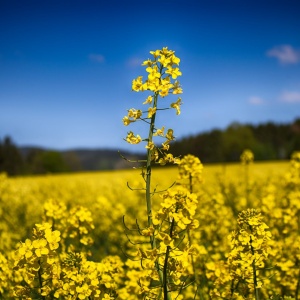
This paper by FCRN member Dominic Moran evaluates Farming for a Better Climate, a participatory extension programme (PEP) in Scotland that assists farmers in adopting climate friendly farming practices. PEPs are a type of advisory service where farmers, researchers and rural experts can swap information. The authors aimed to fill a research gap, since no other evaluations of PEPs for climate friendly farming existed at the time the paper was written.
The paper finds that participants in this PEP were more likely to be using climate friendly farming practices (such as generating renewable energy, soil testing and using a nutrient management plan) than non-participants, but that some participants did not attribute their adoption of these practices to the PEP. The authors call for further research into measures that can establish long-term change through engaging with farmers’ beliefs and values.
Abstract
Agriculture is a major source of global greenhouse gas emissions and therefore effective policy interventions are required in order to mitigate these emissions. One form of intervention used within the agricultural sector is participatory extension programmes (PEPs). PEPs are advisory programmes based on voluntary participation where farmers, researchers, and rural experts collectively learn by sharing information and experiences. To evaluate the contribution of these programmes towards more climate friendly farming, this paper conducts an ex-post evaluation of a PEP focused on the voluntary uptake of on-farm emissions mitigation practices in the UK. We use a mixed-methods approach to understand both the adoption of new practices and a range of human-social outcomes such as social learning, resilience and improved decision-making. We find that participants in the PEP show a higher level of practice adoption compared to non-participants. However, the evaluation of the human-social indicators shows that the change cannot always be attributed to PEP participation. The paper contributes to the current literature by conducting the first evaluation on a climate change PEP in a developed country and by developing and applying an effective evaluation framework for climate change PEPs, in order to achieve an understanding of the change achieved by PEPs.
Reference
Knook, J., Eory, V., Brander, M. and Moran, D., 2020. The evaluation of a participatory extension programme focused on climate friendly farming. Journal of Rural Studies, 76, pp.40-48.
Read the full paper here. See also the Foodsource resource How far could changes in production practices reduce GHG emissions?







Post a new comment »